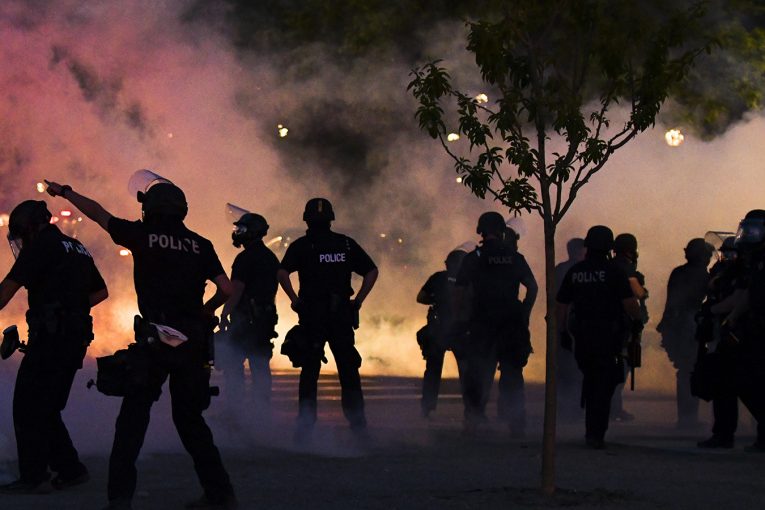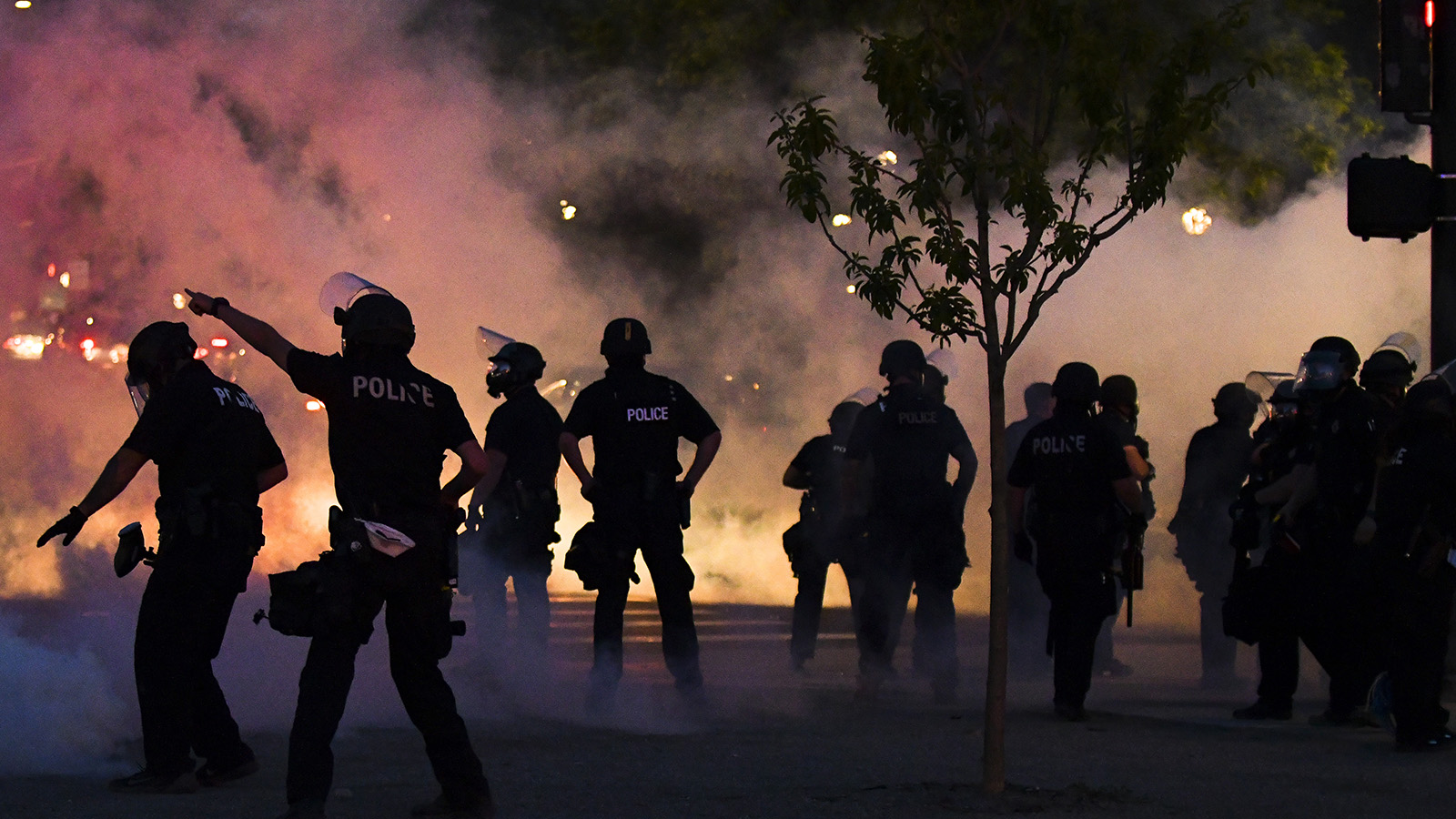

By Max Kennedy and William McCurry
MINNEAPOLIS, MN – Jury selection continued Friday – a seventh juror was chosen – for ex-cop Derek Chauvin, who is charged with the murder of George Floyd
Chauvin’s trial date is sprinting closer although the jury still needs seven more seats to be filled.
It was another very long day of questioning from Judge Peter Cahill, Defense Attorney Eric Nelson, and Maslon Partner Steve Schleicher.
Judge Cahill starts off by doing what he’s done with other potential jurors, swearing this juror in to assure her statements are completely truthful. He informs her that she can be questioned generally or regarding the questionnaire she completed to conclude if she is capable of serving on this jury.
She is informed that, if she serves on this jury, she may not do any research on the case outside of what is told to her in the courtroom.
Since Judge Cahill establishes that it’s been a couple of months since the juror has completed her questionnaire, she may have inadvertently been exposed to more information on the case. He asks her, “Have you become more aware of more information from when you filled out the questionnaire until today?” This juror claims that she hasn’t and she doesn’t watch local news, especially now.
Since jurors need to be fair and impartial, the huge question that arises with all jurors is if they can put their opinions aside and make a decision based on the facts that are presented to them in court. When she is asked this, she swears she can “absolutely” do that.
Nelson is the first attorney to ask this juror questions. Similar to the other jurors, he asks this juror, “Assume you and I met, under different circumstances, at a party or event, what are a  couple of things I would walk away knowing about you?” Her answer? She loves the outdoors and her job in health care.
couple of things I would walk away knowing about you?” Her answer? She loves the outdoors and her job in health care.
This juror was then asked what her first reaction was when she found out that she was being summoned to potentially serve on this jury.
Her first reaction was, “Oh my God.” She claims that it was a more terrifying statement because she fears that will be harassed with her involvement in this case. “When you look at what happened with our election, that’s how people respond, they’re very emotional about stuff so I think that’s a reality for anyone on this,” she said.
As Nelson moves to more questions for this juror, he asks her if she’s ever had to resolve conflicts in her professional career.
“All the time” she states with emphasis. She claims that she acts as a mediator and listens to each person individually. She thinks hearing both sides to the story, along with any other involved, to be able to resolve the conflict.
Moving towards questions pertaining to her questionnaire, Nelson refers to the bystander video that was posted to social media and went viral. She tells Nelson that she saw the video, but didn’t watch the whole thing because it was “emotional.” “I decided I didn’t want to watch it,” she states.
On the questionnaire, there are questions that ask for their perception of Chauvin and George Floyd. This juror checked “somewhat negative” towards Chauvin because “a man died and I’m sure that’s not procedure.” She doesn’t know what the police procedures are and is willing to accept evidence as fact.
She said she has a neutral perception of Floyd and wrote “he didn’t deserve to die.” She doesn’t have all the facts to this case so she hasn’t formed an opinion on who is at fault for Floyd’s death.
After Nelson’s questions came to an end, Schleicher then had a chance to ask her a few questions. He follows up on a couple of questions from her questionnaire.
He questions her disagreement with the defunding of the Minneapolis Police Department. “I don’t think I would feel safe in my community without the police there, but I do know there needs to be some systematic change,” she explains.
She expresses that she has some empathy for the officers. “Would you have a difficult time serving in a case for someone who you have empathy?” She said she would not have a difficult time with this.
After Schleicher finished his questioning, Judge Cahill informed this juror that she will serve on this jury. He informed her to come back to the courthouse on March 29 and to not talk or research the case.
Shortly before the court went into recess, the City of Minneapolis reached a $27 million settlement with the family of George Floyd in a separate, civil case.
The Minneapolis City Council unanimously approved the settlement, and the mayor is expected to sign the measure in the next week.
“That the largest pre-trial settlement in a wrongful death case ever would be for the life of a Black man sends a powerful message that Black lives do matter and police brutality against people of color must end,” said Floyd family attorney Ben Crump.
The civil suit was filed one month after Floyd’s death, in June 2020, and alleges the city had been negligent for failing to appropriately train officers and for failing to fire officers with a history of harmful behavior. Chauvin, for example, had 18 complaints filed against him and all but two were resolved without discipline.
Several of Floyd’s family members offered statements. His sister, Bridgett Floyd, said she was “pleased that this part of our tragic journey to justice for my brother George is resolved.”
George Floyd’s brother Rodney also issued a statement: “This agreement is a necessary step for all of us to begin to get some closure,” he said. “George’s legacy for those who loved him will always be his spirit of optimism that things can get better, and we hope this agreement does just that — that it makes things a little better in Minneapolis and holds up a light for communities around the country.”

To sign up for our new newsletter – Everyday Injustice – https://tinyurl.com/yyultcf9
Support our work – to become a sustaining at $5 – $10- $25 per month hit the link: